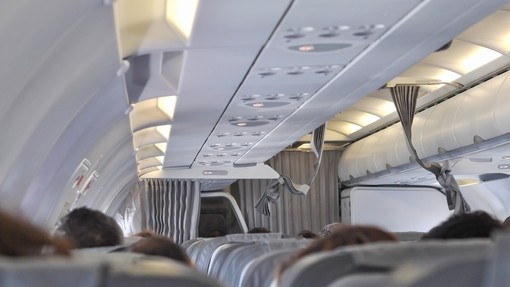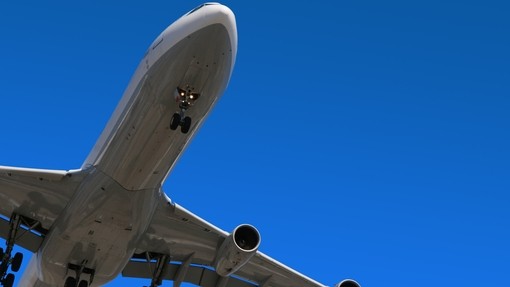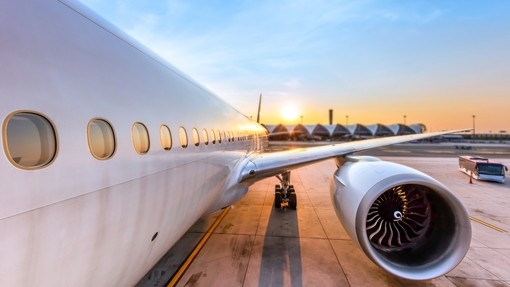Brexit impact on aviation and travel

Details
On 23 June 2016, the UK voted in favour of leaving the European Union (EU). The referendum result is as historic as it is unprecedented, when the UK will become the first member state ever to exit the EU.
The following day saw sterling drop in value and worldwide financial markets shaken. The British Prime Minister, David Cameron, has also resigned and will step down in October. Brexit will also create a period of considerable legal uncertainty for business in many, if not all, sectors once formal notice to leave is given under Article 50 of the Lisbon Treaty and the two-year transition period is triggered. Nowhere will the seismic change in the geo-political landscape be more keenly felt than in the aviation and travel industries, particularly with respect to traffic rights, airline ownership, passenger rights and consumer protection for holidaymakers.
Britain’s vote to leave the EU raises a big question mark over how existing traffic rights will be managed. Access to the single aviation market will technically cease, which would jeopardise the sorts of freedoms to establish and operate within the EU that has enabled low-cost carriers, in particular, to proliferate over the last twenty years. From a legal perspective, Britain will now need to negotiate continued access either by entering into an agreement to join the European Common Aviation Area (ECAA), or by signing a bilateral agreement with the EU or by reverting to traditional bilateral agreements with individual countries. Used by Norway for its access to the single aviation market, the ECAA route may be the most appropriate solution, but it will be conditional upon Britain continuing to accept EU aviation legislation (on safety, traffic management, airport operations, social rules and consumer protection etc.) and closer economic cooperation with the EU. A bilateral agreement with the EU, which would be similar to the Swiss approach, is likely to require similar legal concessions as the rules of the game for operating in the EU aviation club. Finally, negotiating multiple bilateral agreements with individual states in order to replicate the various freedoms generated by EU open skies will be challenging. Beyond the single market, Brexit now calls into question the UK’s rights under various EU-level agreements with third countries. For example, decisions will need to be made about whether to negotiate continued access to the EU-US open skies agreement or agree a new UK-US bilateral directly. The same goes for EU agreements with China, Mexico, the Gulf States and ASEAN countries etc.
UK airline ownership clauses in many of the UK bilateral agreements had been softened to comply with EU rules. The UK could in theory decide to roll back the broader EU ownership test and revert to UK ownership, but such a move might be viewed as protectionist and significantly impact on negotiations to stay part of the single aviation market.
From last April onwards, the Department for Transport (DfT) was due to consult on the implementation of the new Package Travel Directive prior to it coming into force in July 2018. This consultation would have impacted on existing heavily domestic legislation, notably the Package Travel, Package Holidays and Package Tours Regulations 1992 and the ATOL Regulations 2012. Brexit will complicate matters further for consumer protection because the legal basis of EU Package Travel legislation, upon which national draftsmen would have relied, will be questionable. So much legislation has been ‘copied and pasted’ in order to transpose EU law into English law in compliance with the UK’s obligations under its own European Communities Act 1972. In the meantime, Regulation EC 261/2004 establishing common rules on compensation and assistance to passengers in the event of denied boarding and of cancellation or long delay of flights (261) and Regulation EC 1107/2006 concerning the rights of disabled persons and persons with reduced mobility when travelling by air (1107) are two key pieces of EU passenger rights legislation that continue to be directly applicable in the UK. This will eventually change and require the UK to develop its own laws to protect passengers in the UK albeit British carriers operating within the EU will continue to comply with their 261 and 1107 obligations.
In December 2015, the EU announced an ambitious package of reforms to make the EU single aviation market more competitive. Shaping this vision through its Aviation Package will be done without the UK being able to influence from within the EU though. Whether this will be a good or bad thing only time will tell. The same goes for the development of Single European Skies and the ETS Scheme. On the domestic front, the travel industry has pressed the UK government for a decision on airport expansion. Mr Cameron’s famous ‘no ifs, no buts, no third runway’ rang hollow but it may turn out to be a pledge that he can see out during his remaining tenure. What the incoming prime minister, whoever that may be, might decide will be eagerly anticipated. Could a Prime Minister Johnson re-ignite Boris Island?
What is certain is that these are uncertain times. We look forward to navigating this path with you all.






